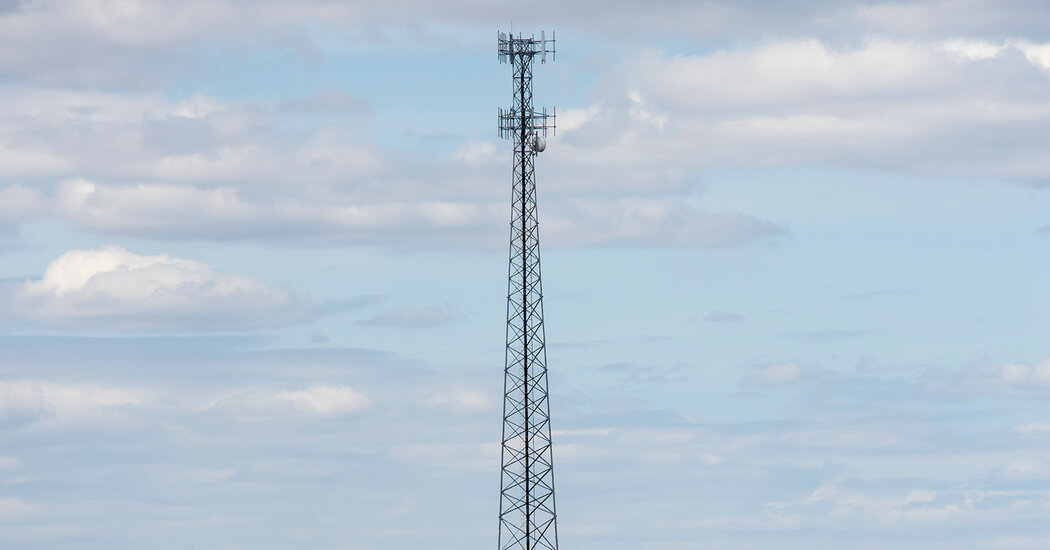
In the alarm industry, the biggest companies, like ADT, seem to be coping best with the challenge of meeting the sunset date set by AT&T.
In its statement to the government, AT&T cited comments that the chief executive of ADT made to Wall Street analysts, saying the company was “on track” with conversions from 3G. Of its 2.9 million alarm systems needing upgrades, about 800,000 remain. But in a standard quarterly filing with the government, the company warned that the pace of its upgrade program could change depending on Covid trends and access to customer sites.
ADT has the buying clout to get chips and equipment before others, and its customers are more likely than smaller operators to be in metropolitan areas, said Brian Ruttenbur, an alarm industry analyst at Imperial Capital, an investment bank.
In Minnesota, Custom Alarm, which has 66 employees, does not enjoy such advantages. Because of equipment shortages, Ms. Brinkman shut down a text-message program to notify customers of the need for upgrades for a couple of months this year. With shortages easing, that education effort will resume next month.
Ms. Brinkman estimates that her company has now completed 60 percent of the needed upgrades, behind schedule, but moving ahead. “We’ll do our best,” she said. “I’ve lived here my whole life. I take it extremely personally.”
In its joint filing, Public Knowledge is calling on the F.C.C. to play the role of “honest broker,” collecting facts, urging compromise and acting if necessary.
“The companies are not in a position to make these judgments,” Mr. Feld said. “The F.C.C. is the one who should make them.”



